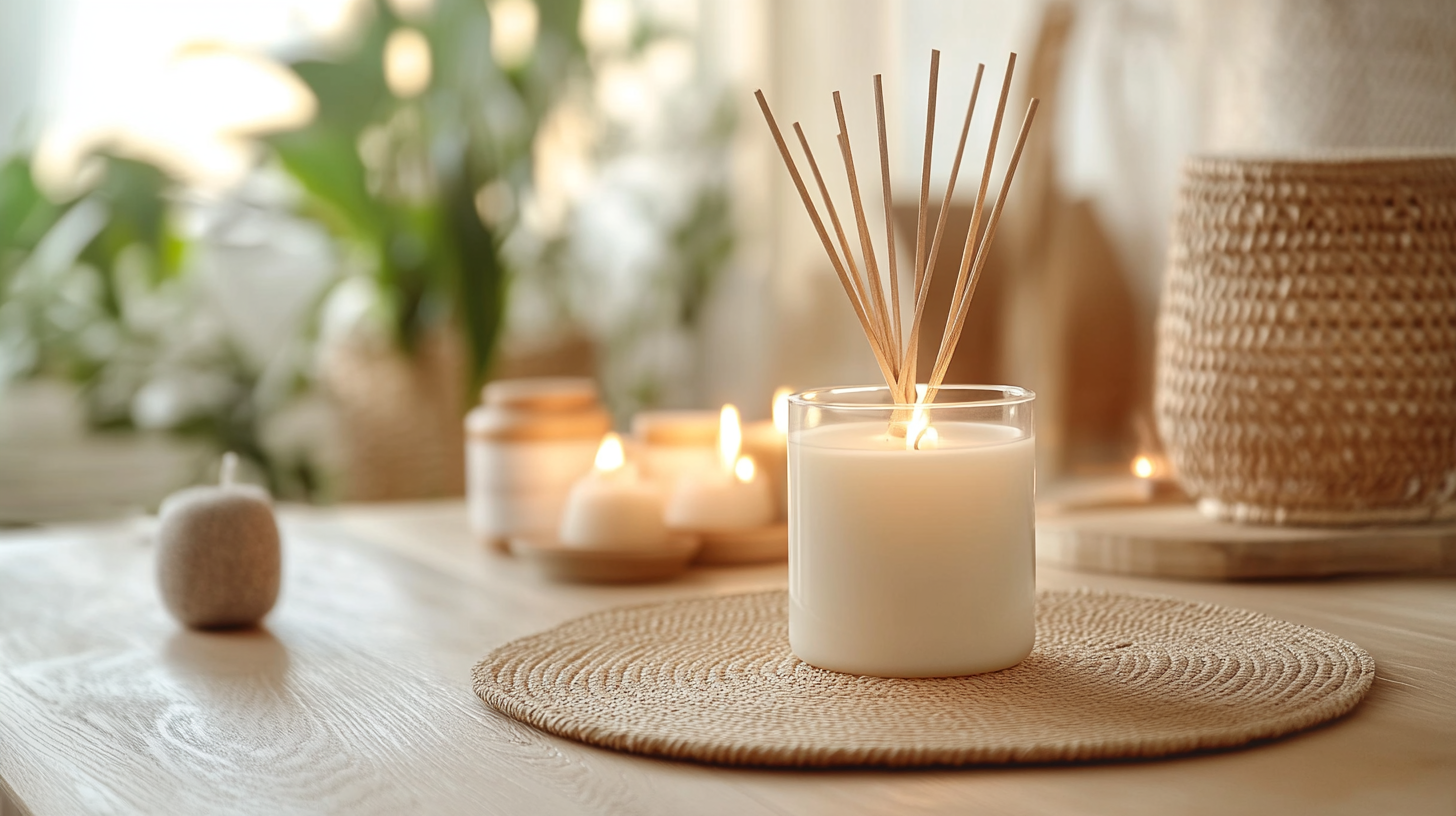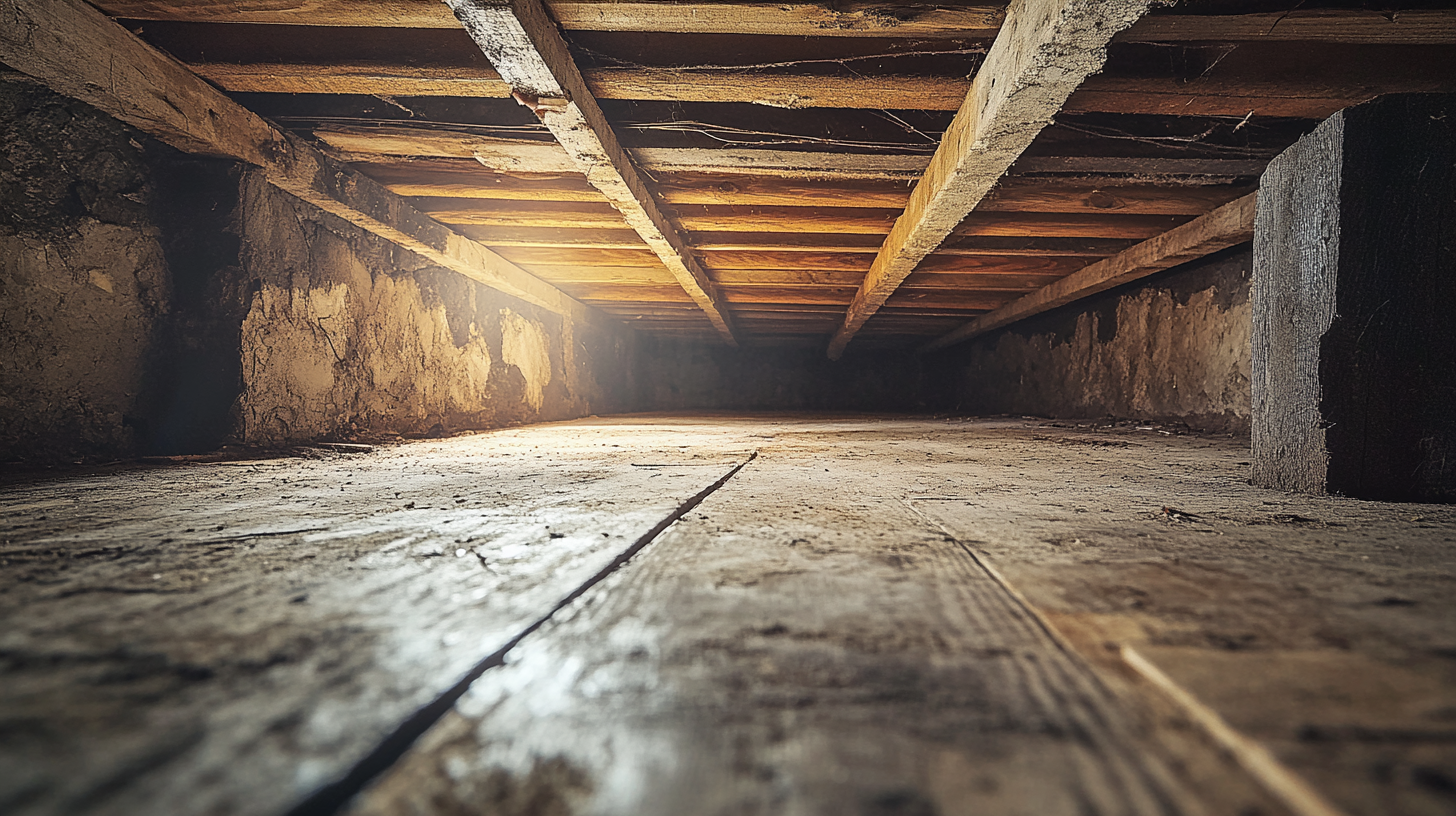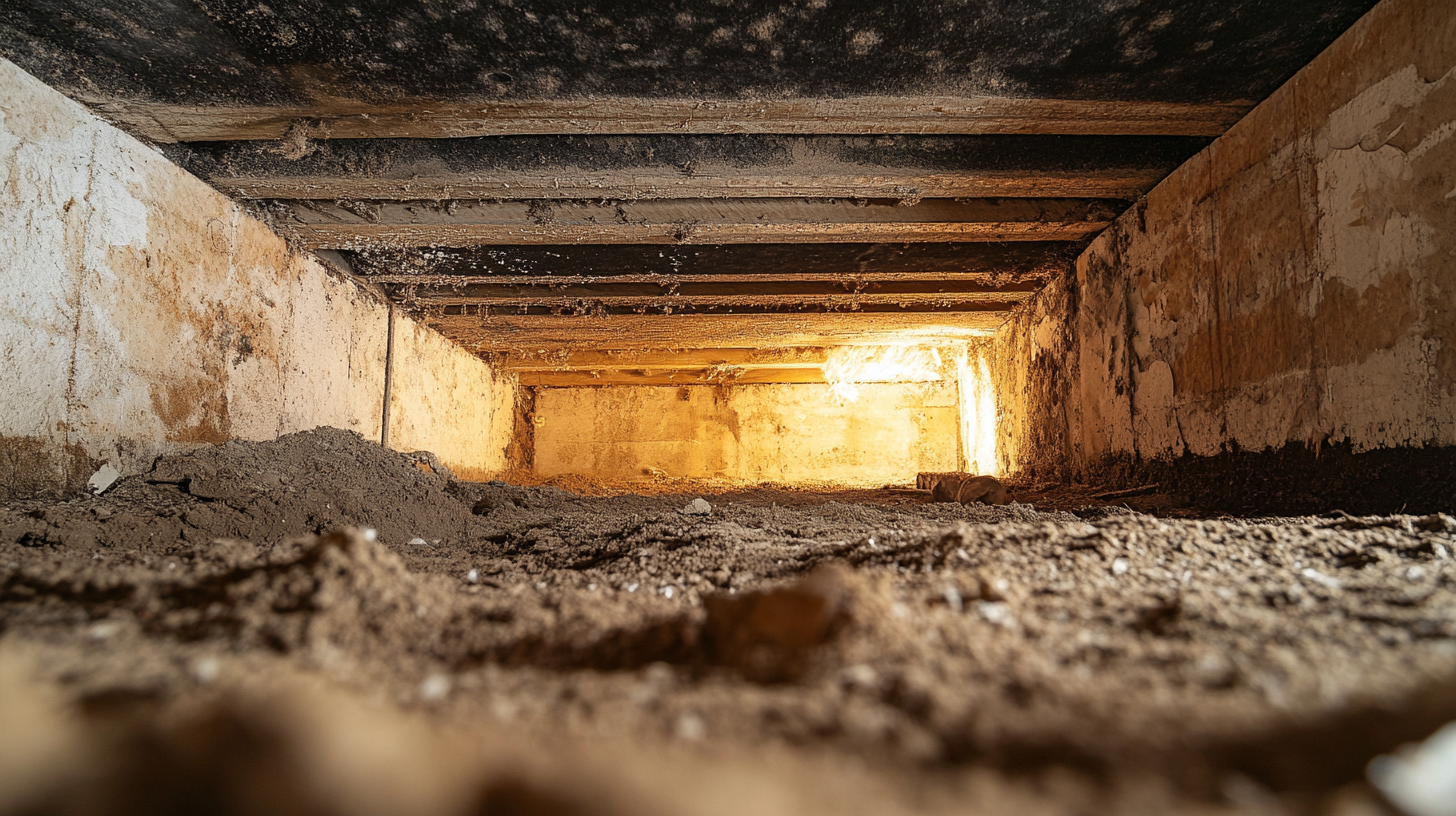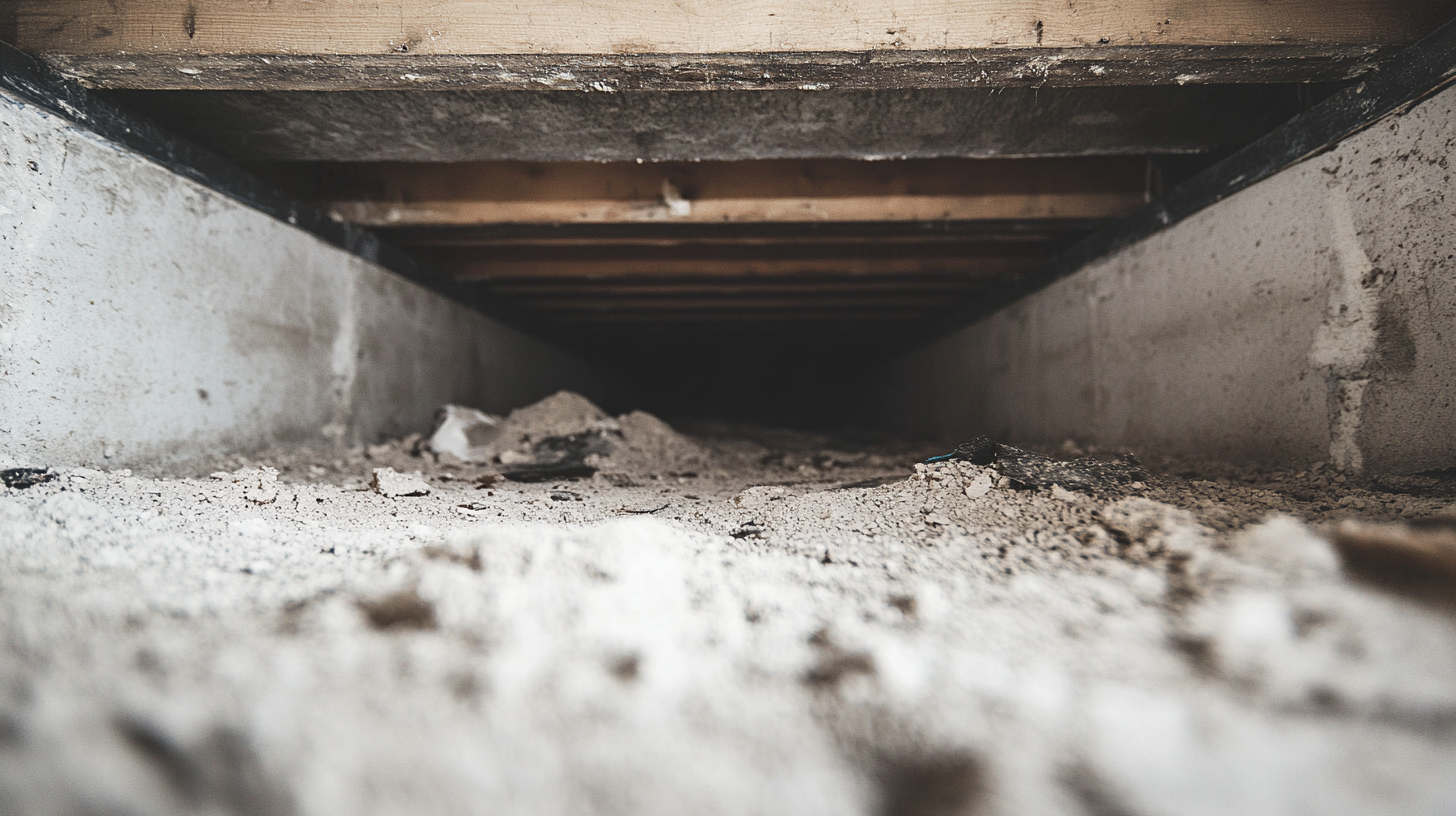Top 10 Odor Neutralization Methods for a Fresh Home

Maintaining a fresh and odor-free home is essential not only for creating a pleasant living environment but also for promoting overall well-being. A clean and inviting home enhances comfort, reduces stress, and contributes to a healthy lifestyle. Unpleasant odors, on the other hand, can make even the most beautifully decorated spaces feel unwelcoming and can negatively impact air quality. By taking simple steps to manage and prevent odors, you can ensure your home remains a sanctuary for you and your loved ones. Whether it's through regular cleaning, proper ventilation, or the use of natural air fresheners, keeping your home fresh plays a crucial role in enhancing daily life and preserving a positive atmosphere.
Understanding the Causes of Household Odors
Household odors can arise from a variety of sources, each requiring specific attention and solutions. Identifying the root cause of unpleasant smells is crucial for effective neutralization, as different odors have different characteristics. Common contributors include cooking, pets, moisture, and chemical products used in the home. Cooking, for example, can leave lingering smells of grease or strong spices, while pets introduce biological odors. Moisture can lead to the growth of mold and mildew, which not only cause foul smells but can also impact health. By pinpointing the source of an odor, you can choose the most appropriate neutralization method, ensuring a long-term solution rather than just masking the problem.
Types of Household Odors
Biological Odors
Biological odors are often the result of natural processes occurring in the home. Pet smells, including fur and litter, can quickly permeate a room, while body odors, often trapped in fabrics, add to the issue. Mold and mildew caused by excess moisture in the air or poorly ventilated spaces can produce musty odors that are not only unpleasant but also harmful to health. Proper cleaning and ventilation are critical to managing biological odors, as neutralizing them requires addressing their underlying causes.
Chemical Odors
Chemical odors originate from household products such as cleaning agents, paint, or items that release volatile organic compounds (VOCs). These compounds can linger in the air long after their initial use and are often associated with a "chemical" or artificial smell. VOCs, found in paints and certain cleaners, can contribute to indoor air pollution, making it important to ventilate spaces properly and opt for low-VOC or eco-friendly alternatives to reduce exposure and odors.
Food and Cooking Odors
Food odors, particularly those from cooking with strong spices, frying, or burning food, can cling to surfaces like walls, curtains, and upholstery, creating persistent smells. Grease, in particular, is notorious for lingering long after meals are prepared. Proper ventilation, along with frequent cleaning of kitchen surfaces, can prevent these odors from becoming a permanent part of the home environment. Identifying and eliminating food-related odors quickly ensures they don’t become a more complex issue to address over time.
By understanding the types of odors that commonly affect households, homeowners can take targeted action to maintain a fresh, clean, and welcoming living space.
Top 10 Odor Neutralization Methods
Maintaining a fresh, odor-free home doesn't require complicated solutions. By using natural and affordable products, as well as modern technology, you can effectively neutralize odors at the source. Here are the top 10 tried-and-tested methods for keeping your home smelling clean and fresh.
1. Baking Soda – A Natural, Affordable Deodorizer
How it works:
Baking soda is a highly effective odor neutralizer because it doesn’t just mask smells—it absorbs and neutralizes them by balancing pH levels.
How to use:
Place an open box in areas prone to odors like the fridge, cabinets, or closets.
Sprinkle it on carpets, rugs, or furniture, let it sit for a few hours, and then vacuum to remove odors trapped in fibers.
2. Activated Charcoal – Powerful Absorption for Lingering Odors
How it works:
Activated charcoal is known for its impressive ability to absorb impurities and eliminate odors by trapping odor-causing particles in its porous surface.
How to use:
Place charcoal bags in areas with persistent smells, such as bathrooms, basements, or shoe closets, for long-lasting odor control.
3. Vinegar – Multi-Purpose Cleaner and Deodorizer
How it works:
The acidic nature of vinegar helps break down odor-causing particles, making it a powerful, non-toxic deodorizer.
How to use:
Mix a 50/50 vinegar and water solution to clean surfaces that harbor odors.
Place bowls of vinegar around a room to naturally neutralize unpleasant smells over time.
4. Essential Oils – Natural Fragrance with Anti-Odor Properties
How it works:
Essential oils, such as lavender or tea tree, have natural antibacterial properties that help neutralize odors while providing a refreshing fragrance.
How to use:
Add a few drops of your favorite essential oil to a diffuser or spray bottle with water for a natural air freshener.
Use oils like eucalyptus or lemon to freshen the air while adding the benefits of aromatherapy.
5. Lemon – Fresh Scent and Cleaning Power Combined
How it works:
Lemons are naturally acidic, which helps break down odors while also leaving behind a fresh, citrusy scent.
How to use:
Rub lemon peels inside trash cans or sinks to tackle lingering smells.
Simmer lemon slices in water on the stove to fill your home with a clean, refreshing aroma.
6. Coffee Grounds – Strong Enough to Neutralize Harsh Odors
How it works:
Coffee grounds are effective at absorbing and masking strong, unpleasant odors due to their natural oil content.
How to use:
Place dry coffee grounds in bowls and set them in odor-prone areas like refrigerators, closets, or near trash bins to neutralize smells.
7. Air Purifiers – High-Tech Solution for Continuous Freshness
How it works:
Air purifiers remove airborne particles that cause odors, with models that use HEPA and carbon filters being particularly effective.
How to use:
Place air purifiers in high-traffic areas, such as living rooms or bedrooms, to continuously filter and refresh the air.
8. Houseplants – Nature’s Natural Air Filters
How it works:
Certain houseplants, such as spider plants, peace lilies, and bamboo palms, naturally absorb toxins and odors from the air, acting as living air purifiers.
How to use:
Position plants in low-circulation areas or corners of rooms to help improve air quality and reduce odors naturally.
9. Odor Absorbing Gels – Set It and Forget It Solutions
How it works:
These gels slowly release neutralizing agents that combat odors over time, making them a convenient, long-term solution.
How to use:
Place odor-absorbing gels in enclosed spaces like bathrooms, closets, or under sinks for steady, ongoing odor control.
10. Open Windows – The Simplest Way to Refresh Air
How it works:
Opening windows allows fresh air to flow into the home and stale, odor-laden air to escape, offering a natural way to refresh your living space.
How to use:
Open your windows for at least 30 minutes daily to improve air circulation and reduce the buildup of unwanted smells.
By combining these methods, you can effectively combat household odors and ensure your home remains fresh, inviting, and free from unpleasant smells.
Tips for Maintaining a Fresh Home Year-Round
Keeping your home smelling fresh throughout the year requires consistent effort and attention to detail. By addressing the root causes of odors and establishing a cleaning routine, you can prevent unpleasant smells from taking hold. Here are some key tips to maintain a fresh and welcoming home year-round:
Regular Cleaning
One of the most effective ways to prevent odors is through regular cleaning, especially in areas prone to accumulating unpleasant smells like kitchens, bathrooms, and trash cans. Food particles, moisture, and waste can quickly lead to lingering odors if not addressed. Regularly disinfecting surfaces, scrubbing sinks and countertops, and emptying trash bins will help keep these areas fresh and odor-free.
Monitor Humidity
Humidity is a common culprit behind musty smells in the home. High moisture levels encourage the growth of mold and mildew, which can produce strong odors over time. Using a dehumidifier in areas like basements, bathrooms, or laundry rooms can help reduce excess moisture, preventing the conditions that lead to musty smells and ensuring that your air stays clean and dry.
Wash Fabrics
Odors often become embedded in fabrics like curtains, upholstery covers, and bedding, which can cause stale smells to persist even in a clean home. Regularly washing these fabrics will remove accumulated odors and keep your home smelling fresh. Additionally, fabrics in high-traffic areas, such as couches or rugs, may benefit from more frequent cleaning or deodorizing treatments.
DIY Odor Neutralizer Recipes
Creating your own natural odor neutralizers is an effective and affordable way to keep your home smelling fresh without relying on harsh chemicals. These DIY recipes are easy to make and use ingredients that are both eco-friendly and safe for your household.
All-Purpose Deodorizer Spray
This simple yet effective deodorizer spray can be used to freshen up any room or surface.
- Recipe: Mix equal parts water and vinegar in a spray bottle, then add a few drops of your favorite essential oils, such as lavender, eucalyptus, or lemon, for a pleasant scent.
- How to use: Spray the mixture onto countertops, fabrics, or into the air to neutralize odors. Vinegar breaks down odor-causing particles, while the essential oils add a refreshing fragrance.
Carpet Freshening Powder
Carpets can trap odors over time, but a DIY carpet freshening powder can help eliminate those smells.
- Recipe: Combine one cup of baking soda with 10-15 drops of essential oil. Stir well to ensure the oils are evenly distributed throughout the baking soda.
- How to use: Sprinkle the mixture onto carpets or rugs, let it sit for a few hours to absorb odors, then vacuum thoroughly. The baking soda absorbs odors while the essential oils leave a clean, fresh scent behind.
By incorporating these regular cleaning habits and DIY solutions, you can maintain a fresh-smelling home throughout the year, ensuring a pleasant and welcoming atmosphere for you and your guests.
Long-Term Strategies to Prevent Odors
Preventing odors in the home requires a proactive approach, focusing on regular upkeep and attention to potential odor sources. By adopting these long-term strategies, you can stop odors from building up and maintain a consistently fresh environment.
Regular Cleaning Routine
A consistent cleaning routine is the cornerstone of odor prevention. Surfaces, carpets, and upholstery are prone to collecting dirt, dust, and debris that can lead to unpleasant smells over time. Regular vacuuming of carpets, dusting surfaces, and washing upholstery and curtains ensures that odor-causing particles are removed before they settle in. Incorporating natural odor neutralizers like baking soda into your cleaning routine can further help keep your home fresh.
Decluttering
Clutter not only makes your space feel cramped but also provides more surfaces for dust and odors to accumulate. Items like piles of clothes, unused furniture, and excess knickknacks can harbor dust and trap smells. By decluttering your living space, you reduce the number of items that can collect odors and create a more open, airy atmosphere that’s easier to clean and maintain.
Pet Care
Pets are wonderful companions, but they can also be a significant source of household odors. To minimize pet-related smells, it’s important to regularly wash their bedding and any fabrics they frequently rest on. Bathing your pets as needed, along with regular grooming, can also help reduce the amount of hair, dander, and odor they leave behind. Additionally, cleaning litter boxes, cages, or pet toys frequently can prevent odors from becoming a persistent issue.
Addressing Hidden Sources of Odors
Some odors in the home come from hidden or overlooked sources, which can go unnoticed until they become problematic. Tackling these areas is key to maintaining a fresh-smelling home.
HVAC Filters
Heating, ventilation, and air conditioning (HVAC) systems can circulate dust, allergens, and odors throughout your home. Regularly changing your HVAC filters helps prevent the buildup of particles that can contribute to lingering smells. Clean filters also promote better air quality and a fresher overall environment.
Drain Maintenance
Drains in sinks, showers, and tubs can become breeding grounds for mold, mildew, and bacteria, leading to unpleasant odors that can permeate your home. Periodically cleaning and disinfecting drains with a vinegar and baking soda solution can help eliminate these smells. Regular maintenance ensures that clogs or trapped debris don’t create a lingering source of odors.
Closets and Storage
Closets and storage spaces, especially in areas with poor ventilation, can develop musty smells over time. Moisture absorbers, such as silica gel packets or activated charcoal, can help combat humidity and prevent mildew from forming in these confined spaces. Keeping closets and storage areas organized and well-ventilated also reduces the chances of odors building up over time.
By implementing these long-term strategies, you can prevent odors from becoming a recurring issue, ensuring your home stays fresh and inviting for the long term.
Pros and Cons of Natural vs. Commercial Odor Neutralizers
When it comes to eliminating odors in your home, there are two primary categories of solutions: natural methods and commercial products. Each has its own set of advantages and drawbacks, and understanding these can help you make the best choice for your home’s needs.
Natural Methods
Pros:
- Non-toxic: Natural odor neutralizers like baking soda, vinegar, and essential oils are safe to use around the house, especially in homes with pets and children. They don’t introduce harmful chemicals into the air, making them ideal for people who prefer a non-toxic environment.
- Safe for Pets and Children: Many natural methods are gentle and non-irritating, making them safer for households with sensitive occupants like pets, small children, or individuals with allergies.
- Environmentally Friendly: Natural odor neutralizers are often biodegradable and made from sustainable resources, making them a more eco-friendly option that reduces your household’s environmental impact.
Cons:
- May Take Longer to See Results: While natural methods are effective, they may not produce immediate results, especially for stronger or deeply embedded odors. Patience and consistency are often required for the best outcomes.
- Require More Frequent Application: Natural solutions may need to be applied more regularly compared to commercial products. For example, baking soda on carpets may need to be reapplied after each cleaning cycle to maintain effectiveness.
Commercial Products
Pros:
- Often Work Faster: Commercial odor neutralizers, especially those with powerful chemicals, can provide quick results, making them ideal for situations where fast odor removal is necessary.
- More Convenient: With commercial products, such as sprays or plug-in air fresheners, there is typically less preparation involved. These products are often ready-to-use and don’t require mixing or DIY efforts.
Cons:
- May Contain Harmful Chemicals: Some commercial products contain chemicals or volatile organic compounds (VOCs) that can be harmful to pets, children, or individuals with sensitivities. These chemicals may contribute to indoor air pollution and negatively affect health over time.
- May Only Mask Odors: Unlike natural methods that neutralize odors at the source, some commercial products simply mask smells with fragrances. This approach can provide short-term relief but does not necessarily address the underlying issue, which could cause odors to return.
Best Situations for Each Method
Natural Methods
Natural methods are best suited for everyday use and long-term maintenance. If you’re looking for a gentle, sustainable way to keep your home smelling fresh, natural solutions are ideal. They work well for ongoing odor control in spaces like kitchens, living rooms, and bedrooms, where you may want to avoid harsh chemicals. These methods are perfect for routine cleaning and creating a healthier, toxin-free home environment.
Commercial Products
Commercial odor neutralizers are more appropriate for intense, short-term odor problems. For example, if you’ve just cooked a strong-smelling meal or there’s a sudden odor from trash or pet accidents, commercial products can offer fast relief. They are also helpful in situations where you need immediate results, such as before hosting guests or addressing a potent odor in a confined space.
By balancing the use of both natural and commercial methods, you can tailor your odor control strategy to meet the specific needs of your home, ensuring freshness while considering safety and efficiency.
FAQs
Contact Fast Response Cleaning & Restoration Today!
Fast Response Cleaning & Restoration will do everything we can to ensure your experience with us is excellent.
Request A FREE Estimate
Request A FREE Estimate Form
CHECKOUT RECENT POST



Have an Emergency? We're Here to Help!
When it comes to disaster cleanup, we are a seasoned veteran in the industry and have helped hundreds of property owners just like you.
Our disaster recovery teams are available 24-7 to quickly clean up and repair disasters of all types.
